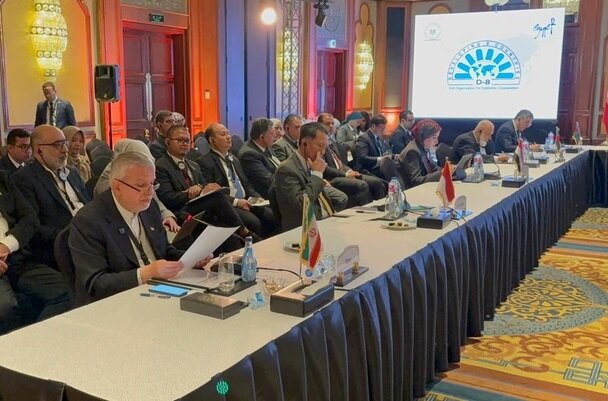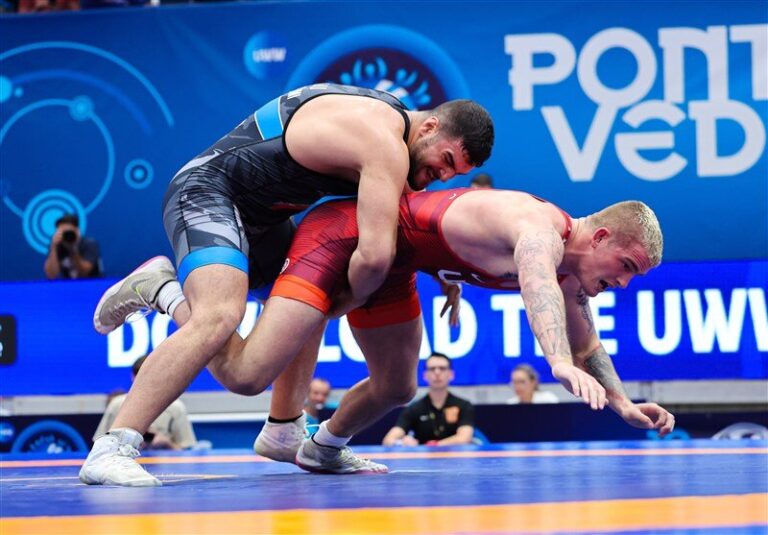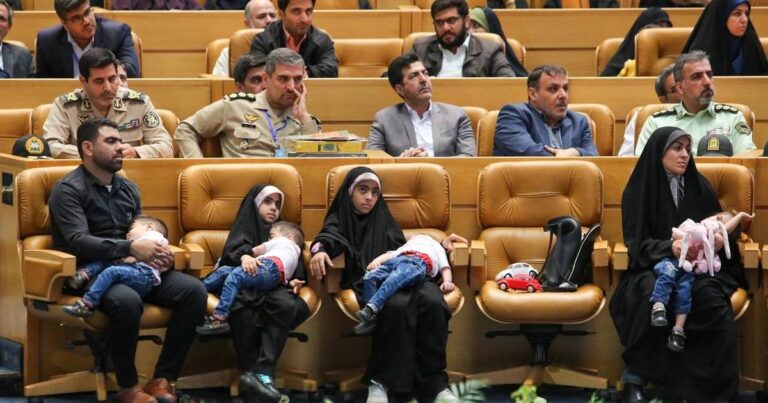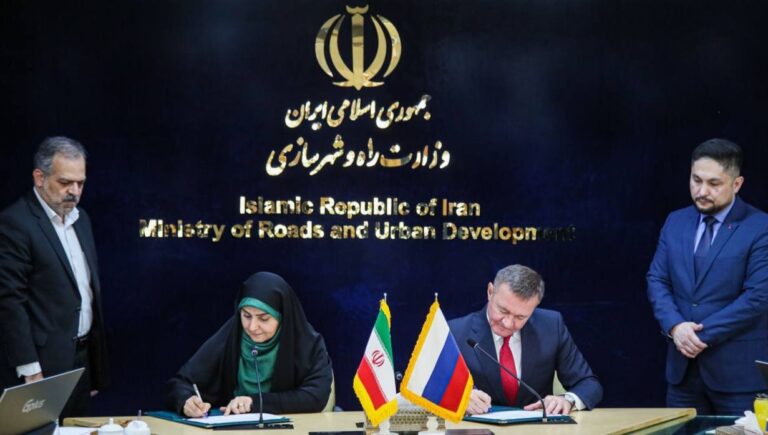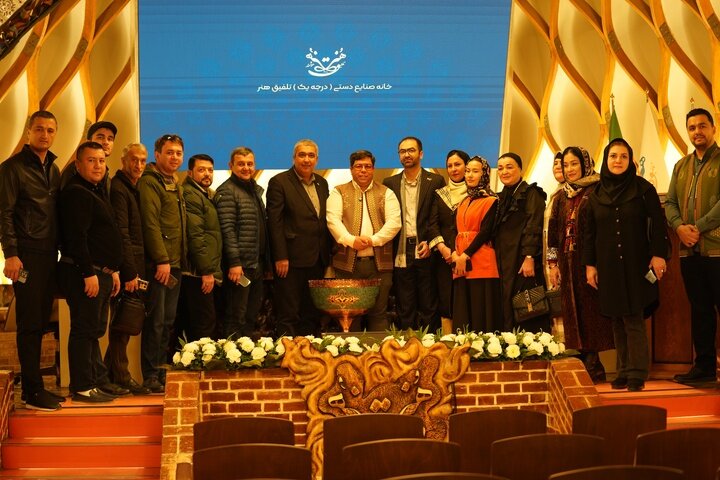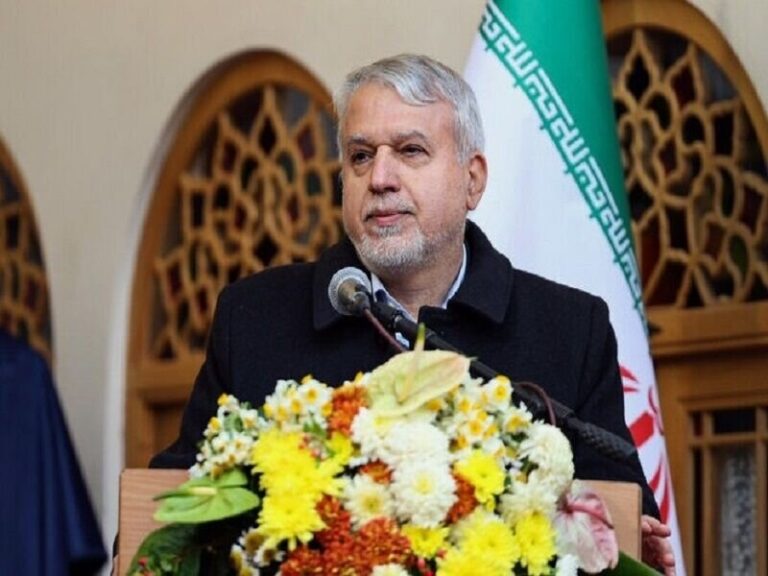Iran Unveils Strategic Tourism Roadmap at D-8 Summit in Cairo: A New Era for Regional Travel
TEHRAN – In a significant move towards redefining tourism, Iran’s Minister of Cultural Heritage, Tourism, and Handicrafts, Seyyed Reza Salehi-Amiri, emphasized the importance of tourism as a catalyst for sustainable peace and the renewal of Islamic civilization. This statement was made during the 5th D-8 Senior Officials Meeting on Tourism, which took place in Cairo on Tuesday. The minister’s vision highlights a transformative approach to tourism that prioritizes cultural diplomacy and sustainable development.
During his address to high-ranking representatives of D-8 member states, Salehi-Amiri unveiled a strategic roadmap designed to reposition tourism as a core component of civilizational diplomacy and cultural capital generation. He asserted Iran’s commitment to leading the way in smart governance and civilization-building investments within the Islamic world.
In light of the evolving geopolitical landscape and the rapid advancement of technologies such as artificial intelligence, the minister urged the necessity for a new global order grounded in Islamic rationality, Eastern wisdom, and innovation. He stated, “The future world is a battlefield of concepts, narratives, and civilizations.” This assertion underscores the belief that nations leveraging soft power instruments, such as tourism, will be more adept at asserting their identity and unity while presenting an authentic narrative to the global community.
Salehi-Amiri further elaborated on the Iranian government’s tourism policy, noting a significant shift from traditional approaches to a more development-oriented, technology-driven, and economically strategic framework. He emphasized Iran’s rich tapestry of tangible and intangible heritage assets, showcasing the country’s ambition to become a regional hub for:
- Health tourism
- Historical route revival
- Smart infrastructure
- International investment
Among the key initiatives highlighted were the establishment of a Tourism Investment Center and the launch of the nation’s first artificial intelligence unit focused on the tourism sector. In a cautionary tone, Salehi-Amiri called for ethical, just, and human-centered governance regarding emerging technologies like AI. He warned against compromising cultural identity, local authenticity, and equitable practices in the pursuit of advancement. “The digital divide must not lead to cultural marginalization or the erasure of decentralized heritage,” he emphasized.
As part of his comprehensive vision, the Iranian minister introduced a strategic roadmap aimed at enhancing intra-civilizational cooperation and fostering economic diplomacy among D-8 countries. He proposed the annual organization of a D-8 international tourism and investment expo, extending an invitation to host the inaugural event in Tehran in February 2026.
In addition, Salehi-Amiri advocated for the mutual removal of visa requirements among member states to facilitate smoother travel within the Islamic world. He also suggested the creation of a joint tourism investment fund to support large-scale regional projects. His list of actionable proposals included:
- Creating a comprehensive investment opportunity database.
- Launching multi-national tour packages to encourage longer stays for visitors.
- Establishing a regional tourism office to enhance collaboration.
- Expanding direct and multi-destination flight routes among member states.
- Offering specialized training programs in digital marketing, destination management, and smart heritage conservation.
Through these initiatives, Salehi-Amiri aims to not only boost tourism but also to cultivate a robust framework for cooperation and sustainable development among the countries within the D-8. His vision reflects a commitment to leveraging tourism as a means to enhance cultural exchange and economic growth, ultimately contributing to a more unified Islamic world.
In conclusion, the Iranian minister’s address serves as a clarion call for member states to embrace a new era of tourism that prioritizes innovation, cultural integrity, and sustainable practices. By redefining the role of tourism in the context of civilizational diplomacy, Iran seeks to pave the way for a brighter future where cultural heritage and economic development go hand in hand.
